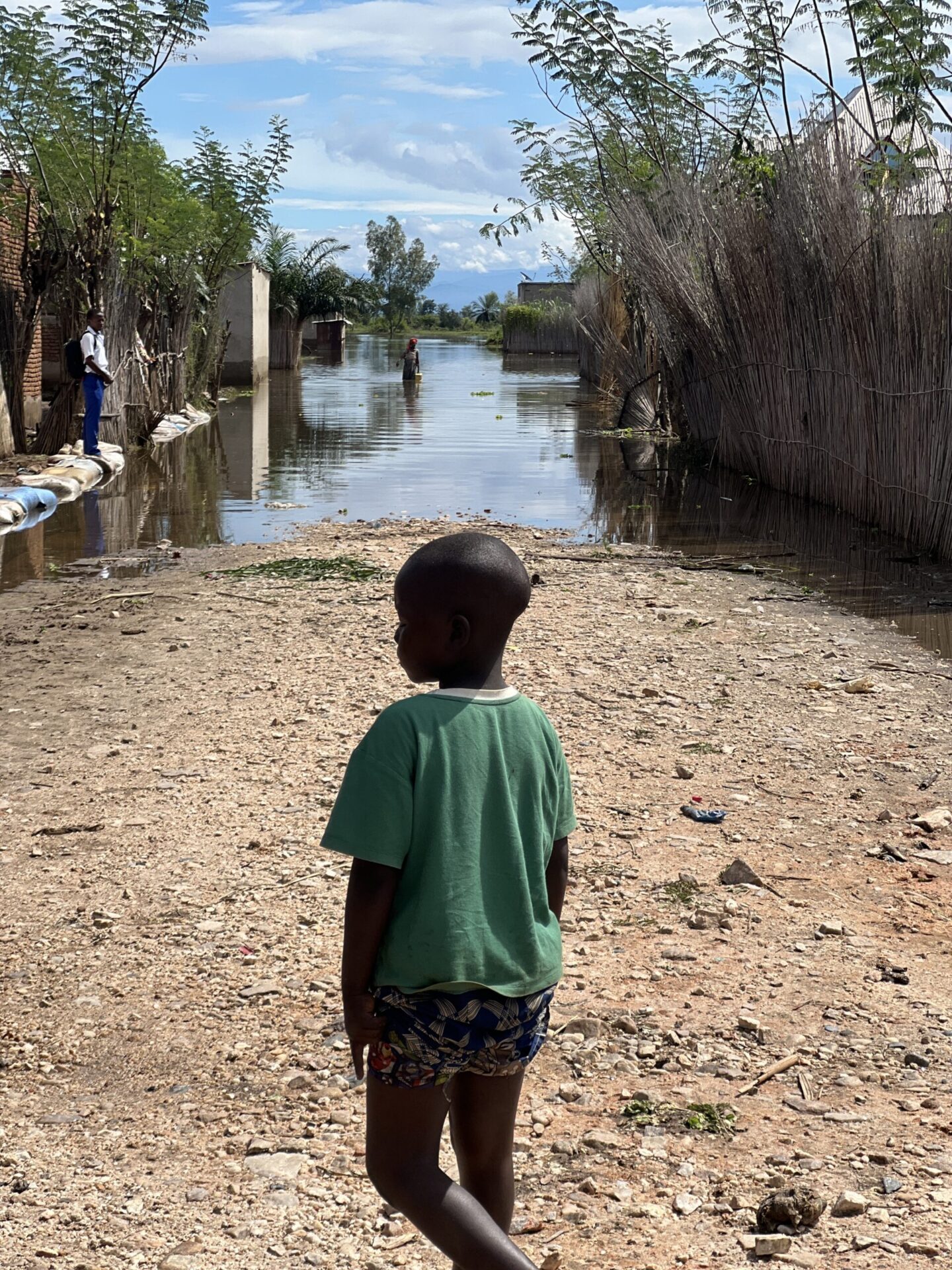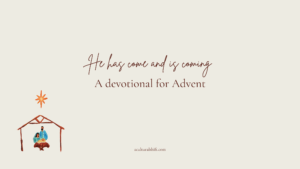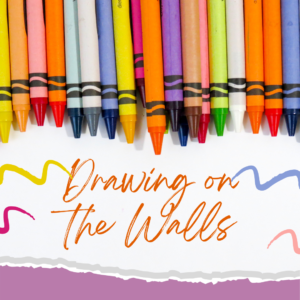Do something, lest you do nothing.
Anonymous
Life is hard. Every day, we face personal problems. On the heels of our own issues come the troubles of the world around us. If you pay even a little bit of attention to world events, you are aware of social injustice, crime, poverty, natural disasters, and famine. Top that all off with election cycles and you have a curious and complicated mix is issues. I’ve read that there are more than 60 elections taking place worldwide this year (2024). Everyone and everything is pulling on us and we find it difficult to do something meaningful in such a time of need. I now understand the saying of trying to empty an ocean with a thimble.
Doing what they could to survive
When life presents with complicated issues like poverty, our natural tendency is to resist involving ourselves. We think, “Aren’t there agencies that can help more than I can? Why have people allowed themselves to get into such difficult positions?” If we are caught on a good day, we may put a small donation in to calm the uncomfortable feeling of seeing humanity in distress. Or, we justify our inaction by placing blame on people who should “know better” than getting into the position they are in.
I, in working with the poor as I have for many years, have met head-on with these mindsets time and again. Initially, I had to confront my preconceived ideas. In the mid-1990s, our family was stationed in Burundi. You may remember that 1990s was a time that civil war and unrest gripped the Great Lakes region. The wars in Burundi, Rwanda, and the DRC drove hundreds of thousands of people from their homes. In desperation, people did whatever they could to survive.
We had to do something
Well-known NGOs mobilized and set up makeshift tented camps for the countless masses. In the city of Bujumbura, in Burundi, where we lived at the time, these of camps were created wherever there was an inch of extra space. Schools, government buildings, and empty fields were all considered fair game to settle in. This was the situation that faced us early on in our missionary career. We had to do something.

But I didn’t know where to begin or where to end. Our little group of people had nothing. At first, our nothingness told me to do nothing because it seemed impossible to do something of significance. One afternoon at home, I stared at a large pot in my pantry. It remained unused for most of the time because it was too big to cook for our family of five. On occasion, I used it to cook meals for large teams of visitors. Otherwise, it just took up space.
It didn’t take long for me to set that pot on three stones and cook what I could. Soon, a few ladies from church joined in the effort. Initially, we fed 20 or 30 children meals of porridge, played games with them and gave them short Bible lessons. We didn’t have enough to feed hundreds, but those 20 or 30 who were fed were grateful. Soon, some NGOs heard about what we were doing on our own and they joined in. One afternoon sticks out in my mind in particular. I came home to find our garage packed from back to front with supplies to feed the children. Indeed, we were going to be able to do something.
There are landmines, but still, do something
Helping people in such situations comes with landmines. Landmines of entitlement, greed, and envy are hidden, waiting to explode when we take steps toward those in need. Unfortunately, you will eventually step on one of those landmines. And when you step on it, you will get hurt. When working under these stresses, it’s enticing to give up. I have been tempted on many occasions to lift my hands in surrender when a landmine explodes under me. But, when sifting through the aftereffects of the explosion, the hungry remain. They wallow in squalor through no fault of their own. So, I brush myself off, and again, I try to do something.
It bears keeping in mind, before getting too judgmental over people in these conditions, to remember that had we been born in their circumstances, we would be the ones needing help. Our children would be the ones begging for a meal instead of begging for the latest smartphone. No, we shouldn’t feel guilty for the blessings in our lives; instead, let us be grateful and do something for those who can’t do anything.
No responsbility
A well-known preacher of times past, William Carey, faced many of the same attitudes in his day. Carey had an insatiable hunger for world missions. He understood the Great Commission (see Matt. 28:16–20) to go and preach the good news to the world and make disciples. The popular train of thought among the “churched” of the time was to let God do the saving. The underlying belief at the time in the church was that believers had no responsibility to bring the news of salvation to the lost.
However, Carey was unmoved in the face of strong opposition. Once, as he was pleading with believers to help him bring the gospel to the lost, he was challenged by a well-known leader of the time named Dr. Harvey, who called him down and said, “Young man, if God wants to save the heathen, He’ll do it without your help or mine.”
A role to do something
The church in the book of Acts understood the sovereignty of God, but they also understood they had a role to play in God’s plan. God uses His people as a force to bring His word of hope and salvation to a world that desperately needs it. We are not able to understand why God has chosen to use us as His agents on earth, but that’s exactly what He has chosen to do. Now, we have to decide what we will do in response.
"The Lord is not slow in doing what he promised—the way some people understand slowness. But God is being patient with you. He does not want anyone to be lost, but he wants all people to change their hearts and lives." 2 Peter 3:9 NCV
May we see humanity through heaven’s lens. We know so little of those we see on the corners begging, of those addicted to drugs and alcohol, and we pass by them daily without thought. And yet, God is still waiting for them to change their hearts and lives. When we become impatient, God remains patient and willing to restore. Are we representing Him well? Can we do something?




